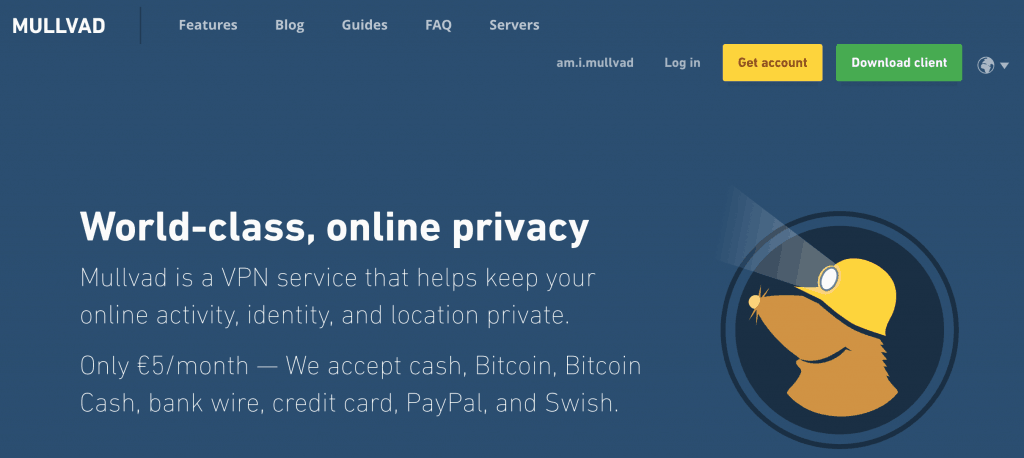

It requires huge investment from the part of isp to do dpi on each and every customer, practically making it impossible. This requires knowledge of the transport and application protocols and is thereof more complicated and costly, particularly to execute at line rate. In short if your network traffic on other ports is sensitive enough you must be on a vpn while using public hotspot.ĭeep packet inspection is a type of packet analysis and filtering that looks at the data component of packets, as opposed to only its outermost headers, as standard packet analysis and filtering would do. So you must understand that encryption is the key, any sensitive information about you or your system must be in an encrypted form if it leaves your system while on a public hotspot. To your second question, all the traffic except the ones that are encrypted ( for example port 443 is generally used for encrypted https traffic, but this is purely a convention, and any port could be used for HTTPS traffic.) can be intercepted pretty easily when you are on a public wifi hotspot. That's exactly why I suggested you to use an encrypted dns service like nextdns, it will prevent man in the middle dns spoofing and yes dns firewall like nextdns ( if doh is enabled) can detect and prevent such attacks. In my case, it doesn't create any issues. Whereas, in tests NextDns's AI has performed even better than DNSFilter many times.Īnd when I had interacted with their customer help service through email and forums, I realized that the 24/7 chat support in Surfshark is way better experience.Īlso, I feel if I am paying the whole year for the VPN service then I should leave it on at all times if it doesn't create any issues that way. Actually, its CEO messaged me in forums that he considered NextDns's AI threat detection useless and just a bluff. I did use their ControlD dns service,which is not so great and lags behind others like NextDns.
#Mullvad network traffic might be leaking plus
Plus they don't have a 24/7 chat service. Windscribe VPN has lower speeds here in India. And devs are required to make just few changes for HTTP connections to work.

#Mullvad network traffic might be leaking android
Eventhough, I have read that in Android 9 or 10, Google has implemented https by default, but that surely doesn't mean it actually enforces it. And yes although its visible if the connection isn't secure in a browser, but it isn't visible at all in case of other apps. Actually I am aware that my ISP uses Deep Packet inspection. Whether its dns firewall or VPN.Ĭlick to expand.Exactly. The blocking always happens at dns level,if I am not wrong. And cleanweb and kill switch are 2 different features here. So I think private lists cannot be disclosed about. I had seen the same case even in CleanBrowsing dns which also uses private lists and lists from their partners.

But they said they use private lists which they won't be able to disclose about. About the blocklists it uses, I had tried to ask which ones they use exactly. Even in most reliable website reviews Surfshark consistently ranks in the top 3 choices in most cases. So that's why I have stuck with Surfshark. Eventhough its this stable now, its still adding technologies to make it even more stable and have more features. Also over the time the suggestions that I gave were implemented, although it did take time. At first when I started using it,there were number of issues regarding speed, uptime, apps not working etc. It's one account subscription covers unlimited devices. Click to expand.Actually I chose Surfshark for a reason that was cost effective for me.


 0 kommentar(er)
0 kommentar(er)
